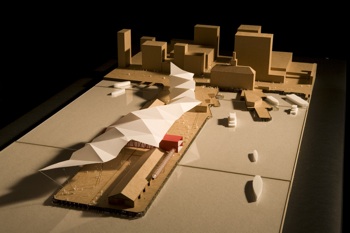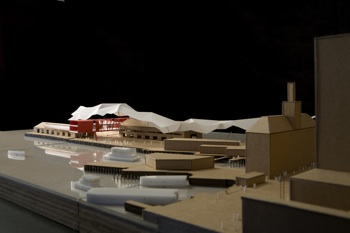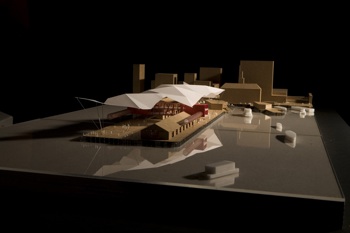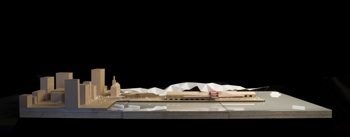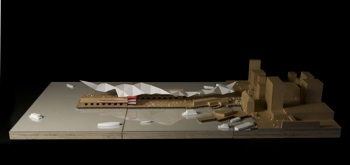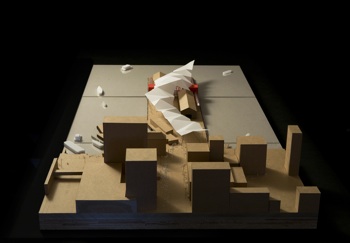The Prime Minister was giving me the hard sell about his plans for transforming the New Zealand economy - a "Step Change" no less - when my phone rang. It was a client, on the line from Texas. I exported him a fresh copy of his speech and turned the sound back up. I may have missed a spellbinding moment, but I suspect not.
Baby Steps
In between breathless stories about the resuscitation of the breathless property market, most notably in the Sunday Property Times and the Herald on Veitch-Day, the mantra has been rising: New Zealand's economy will remain porked while everyone keeps pigging out on loans and using them to buy each other's houses.
For a narrow-based economy, we export sweet fuck all to pay for the wide variety of goods and services we import. This is a mantra I have been hearing (and endorsing) since I was a kid. It is dispiriting to consider how little has changed in half a lifetime.
A starting point would be to pull all the lazy greedy little piglets off the teat and let the property market slump. Get the true level, adjust, and start over on getting the composition of our economy right: a variety of exporters, capitalising on the growing Asian markets. Yes; of course it's not easy. But the alternative is harder yet, once the borrowed money runs out.
So anyway.
Here comes the man with the step change ladder. Will the government bring the boom down on property investment? Will they take advantage of the bloody big gun the Tax Working Group has conveniently wheeled all the way up to the emplacement for them? It has given them a complete rationalisation and justification for them to proffer as they step forward to regretfully but nobly fire the damn thing.
All around the village, the citizens are braced for it. We know this because the media has been full of it and the message is emphatic: the market is already taking a hit; there might be a land tax! A capital gains tax! A closing of the very big hole through which every Leonard-Cohen-going, black-polo-neck-wearing, four-rental-property-owning silver-haired baby boomer has been dragging the paperwork for their LAQC and their tax deductions.
You know for sure that a policy has real heft when the market is moving even before you announce it.
So what does that nice Mr Key do with this mighty once-in-a generation opportunity for a step change? He consults the polling.
He gets up there, stands alongside the mighty gun, pulls out a water pistol, squeezes it and says: "I make no apologies for making a few of you a bit wet."
Heaven forbid anyone should substantially change the 'investment' habits of a lifetime. That would be a step too far.
Steppes
But a substantial policy statement is a cloak of many colours. Let's try Green. And Gold. Those Aussies are making out like bandits, just because they've got big drills. Why can't we dig up ours? Step change number two: We're going to drill in public lands. And each time we do, we're going to put a shiny dollar in Russel Norman's tip jar. Now I get it. Lay waste to the National Parks. It's a Steppe change!
Seriously?
This is like digging down the back of the couch for spare change. Next they'll put the couch on Trade Me.
That's not my real ladder. It's my step-ladder.
Needless to say, the ordinary New Zealanders have not been forgotten. They'll get to pay more GST. If that had been bracketed with Gareth Morgan's Big Kahuna, well, I might have gone for it. But as it stands, all it's likely to do is claw back some of the tax that everyone who should have been on the top rate was not paying because no-one had the nerve (or time and money, more likely) to properly work over some tens of thousands of family trusts of dubious merit. In its wake, expect a regressive tax burden on the low-paid.
It's possibly a step, it's possibly a change, but if this were the movies, I'd be rubbing my 3D glasses and trying to work out if I had the angle wrong. There wasn't even a hot woman with blue skin and a tail, and surely to God the National Party has some of them.
I have a mantra too, and I see no reason to change it on the strength of today's vision thing: I reckon these guys will be remembered in the end not for what they did, but for what they failed to do.

